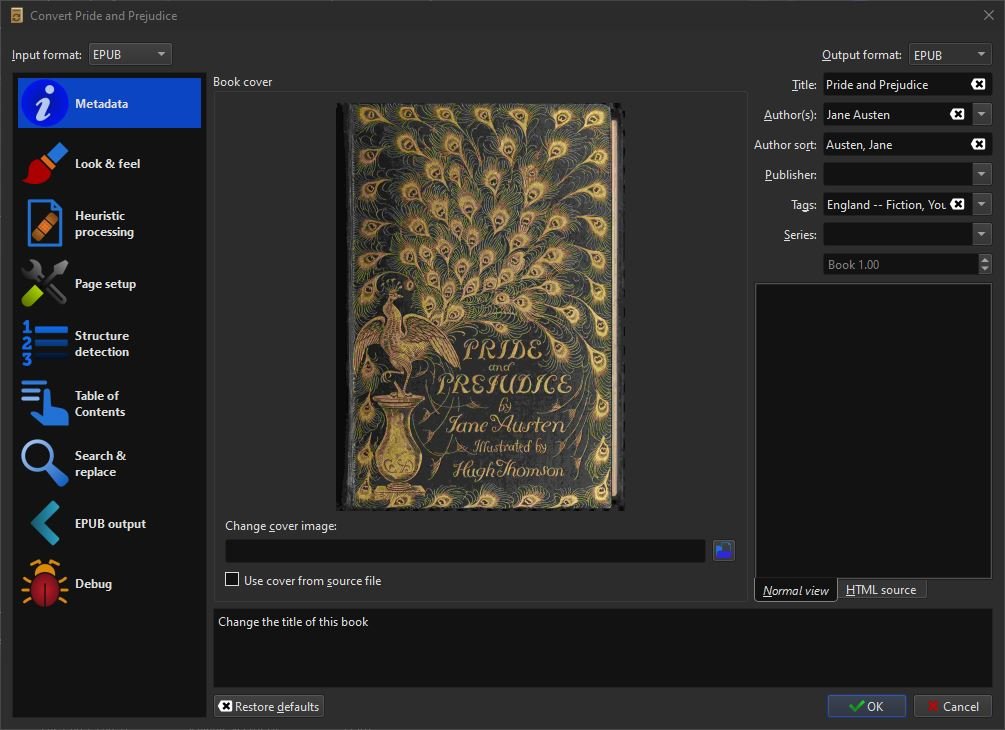I’ve been using Balabolka for a while and have been generally happy with it. With listening to so many books, I’ve encountered quirks that can be ignored, but eventually got annoying. It’s rooted on Original Format (pdf,epub) to TXT conversion. Rather than leaving some specific letters alone, it makes the following changes:
- ‘r’ to ‘г’
- ‘p’ to ‘р’
Visually or if read by humans, there’s no difference. Speech engines on the other hand pronounce them differently. Common victims are words like “care” and “rope”. Below is a summary by Google search:
In Russian, the Cyrillic letters “г” and “р” represent distinct sounds, which are roughly equivalent to the English “g” and “r” respectively. However, the pronunciation of “г” can vary, sometimes sounding like “v” in certain contexts.
Here’s a breakdown:
г (ge):
In most cases, it’s pronounced like the English “g” in “go”. However, in some words, particularly in the genitive case, it’s pronounced as a “v” sound, like in the word “его” (его), which is pronounced [jɪˈvo] instead of [jɪˈɡo] according to Wikipedia. This is an historical pronunciation change.
р (er):
This letter is pronounced as the English “r” in “red”, often with a rolled or trilled sound, according to Quora.

Here’s Calibre to the rescue. It’s capable of converting books individually or by batch. I initially tried it because balabolka created empty text files for some EPUBs. It’s geared towards ‘library management’ so you might need to move/copy the TXT once conversion is done.

The TXT files can now be played on Balabolka when I’m at my desk, or sent to iCloud to that Aloud! can play it on my phone.
